Understanding the Psychology of Why Donors Give to Nonprofits
Nonprofit Tech for Good
AUGUST 14, 2022
When time and resources are scarce, it’s easier to send out the same fundraising message to everyone in your community. Why is the Psychology of Giving Important? On the other end of the spectrum, there are nonprofit leaders who neglect philanthropy psychology. This person fears offending donors by asking at the “wrong” time.

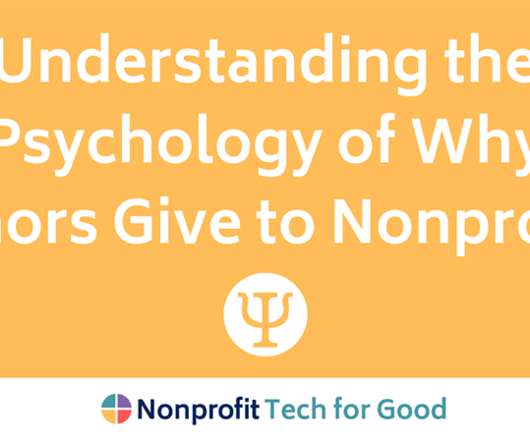

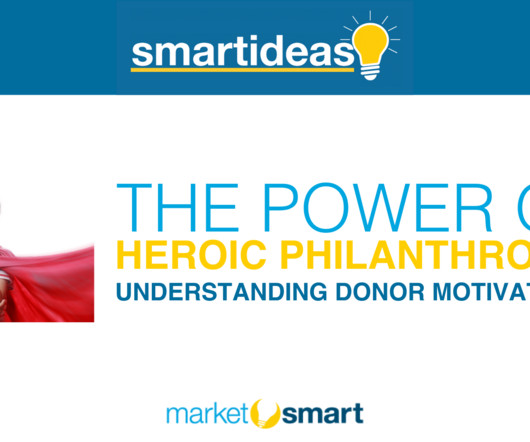



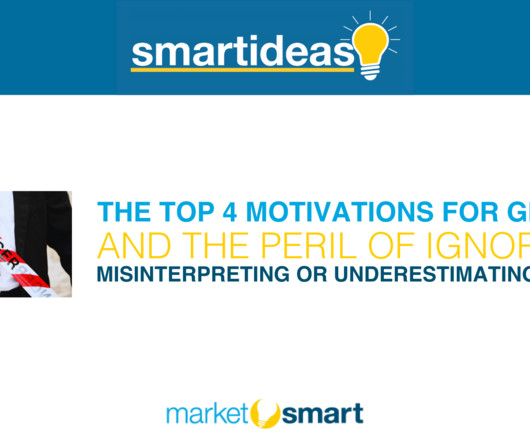


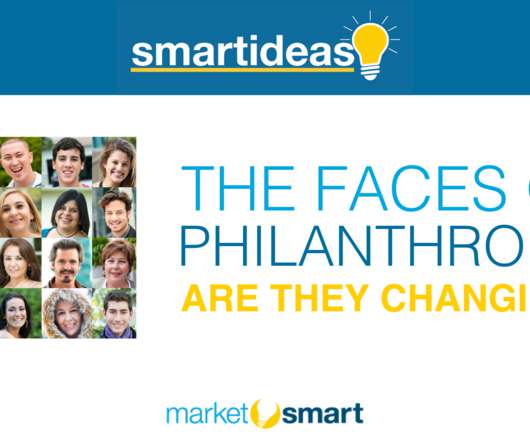
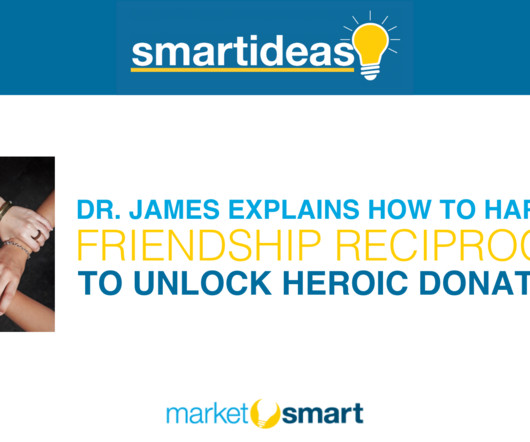
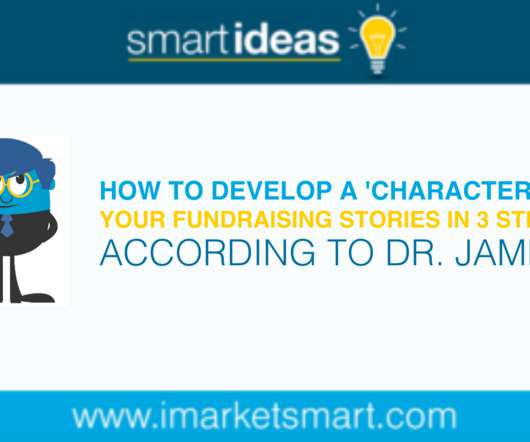









Let's personalize your content